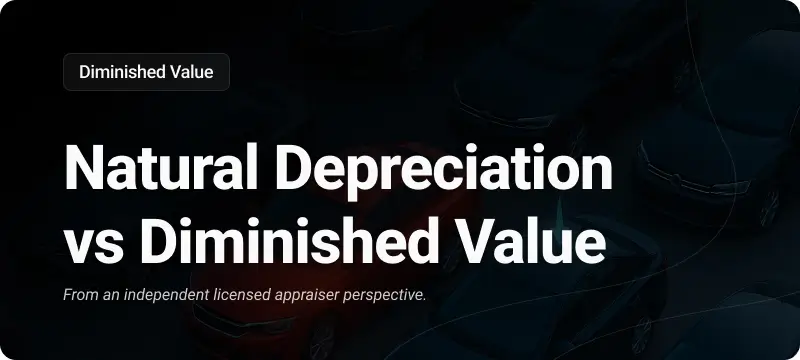California Fair Claims Settlement Practices Regulations: A Comprehensive Overview (PDF)
When it comes to handling automobile insurance claims, fairness and transparency are vital. The California Fair Claims Settlement Practice Regulations outline crucial guidelines for insurers and policyholders. In this article, we will explore the key standards of Subchapter 7.5 Article 1 of the California Fair Claims Settlement Practice Regulations, with a specific focus on Section 2695.8. This section establishes additional standards specifically applicable to automobile insurance. Let’s delve into the details and gain a deeper understanding of these regulations. Click the link below to check the full document:
California Fair Claims Settlement Practices Regulations (PDF)

Evaluating Total Loss Claims for Automobiles
The regulations specify that when evaluating total loss claims for automobiles, insurers can offer a cash settlement based on the actual cost of a “comparable automobile.” This settlement amount must include all relevant taxes, ownership transfer fees, license fees, and other annual fees based on the remaining registration term of the lost vehicle. This holds true regardless of whether the policyholder purchases a replacement vehicle. If the insured or third-party claimant chooses to retain the lost vehicle, the cash settlement must include the sales tax associated with a comparable automobile, adjusted by the salvage value of the lost vehicle.
Determining Comparable Automobiles
California’s Fair Claims Settlement Practice Regulations are instrumental in ensuring fairness and transparency throughout the process of settling automobile insurance claims. These regulations establish a set of standards that govern the evaluation of total loss claims, determination of comparable vehicles, utilization of private sales data, verification of market value, and provision of a replacement automobile option. By adhering to these guidelines, insurers and policyholders can work together to achieve equitable outcomes and maintain trust in the insurance industry. Understanding and complying with California’s Fair Claims Settlement Practice Regulations is essential for promoting a level playing field and upholding the rights of all parties involved in automobile insurance claims.
Utilizing Private Sales Data
In specific situations, insurers have the opportunity to obtain approval from the Department of Insurance for the utilization of private sales data, which can be sourced from the Department of Motor Vehicles or other authorized channels. It’s important to note that this data does not include any personal contact details of the sellers. The approval process ensures that the use of private sales data is accurate and limited, with strict measures in place to maintain data integrity and privacy.
Verifying the Cost of a Comparable Vehicle
Insurers must take reasonable steps to verify that the determined cost of a comparable vehicle accurately represents its market value within the local market area. The Department of Insurance may request access to relevant records, data, computer programs, or any other information used by the insurer or other sources to determine market value. The cost of a comparable automobile should be fully itemized and explained in writing to the claimant at the time of the settlement offer.
Replacement Automobile Option
Insurers have the flexibility to provide a compelling solution in first-party total loss claims by offering a replacement automobile that precisely aligns with the insured’s requirements. This comprehensive offer encompasses all relevant taxes, license fees, and other expenses associated with transferring ownership, leaving the insured solely responsible for any deductible outlined in the policy. It is crucial that the replacement vehicle not only matches but exceeds the overall condition of the insured’s original vehicle, ensuring its superior quality. Additionally, the convenience of easy accessibility for inspection within a reasonable distance from the insured’s residence further enhances the process.
Reopening the Claim File
If an insured individual receives a settlement payment or final settlement offer but realizes within thirty-five (35) calendar days that they cannot purchase a comparable automobile for the gross settlement amount, they have the right to notify the insurer. In such cases, the insurer must reopen the claim file and undertake specific procedures. These may include locating a comparable automobile within the local market area for the gross settlement amount or offering a replacement vehicle that meets the requirements outlined in the regulations.
Enhanced Replacement Vehicle Option
California’s Fair Claims Settlement Practice Regulations play a crucial role in ensuring fairness and transparency in the settlement of automobile insurance claims. By defining standards for evaluating total loss claims, determining comparable vehicles, utilizing private sales data, verifying market value, and providing a replacement automobile option, these regulations promote equitable outcomes for both insurers and policyholders. Adhering to these guidelines not only upholds the principles of fairness but also strengthens trust in the insurance industry.



